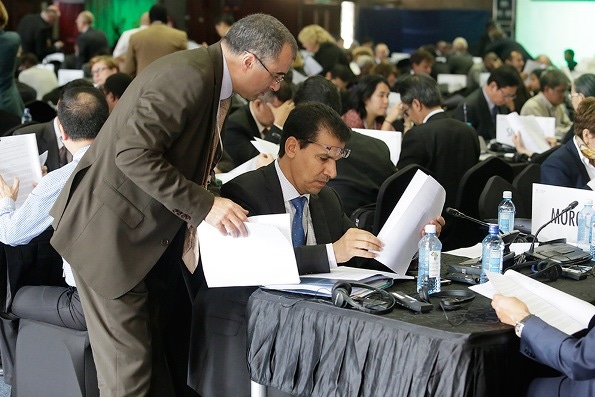WTO agreement to end export subsidies for agriculture
December 28, 2015

At the World Trade Organization’s recent biennial meeting in Nairobi, Kenya, the trade ministers agreed to phase out agricultural export subsidies and restrict agricultural export credits.
The agreement requires developed countries to immediately remove government export subsidies from agricultural products, while developing countries are to phase out subsidies by 2018. The agreement allows developing countries to continue to subsidize transportation and marketing costs until 2023 and the poorest countries have until 2030 to end transportation subsidies.
The American Soybean Association was disappointed that developing countries like India will be able to continue to use marketing, processing and transportation subsidies until 2023. However the ASA said there was some positive in the agreement in that it reflects “the U.S. goal to immediately eliminate the use of export subsidies by developed countries, and includes a relatively short elimination period for their use by developing countries.”
The agreement harmonizes terms of export credit programs with those of the United States, and allows countries to continue their food aid programs, including monetization of commodities, if monetization does not disrupt local markets. Congressman Mike Conaway (R-TX), chairman of the House Agriculture Committee, stated his concern that developing countries can continue to use export subsidies for transportation and marketing for another eight years. Conaway said, “We need to ensure that these kinds of export subsidies are no longer permitted to harm U.S. farmers and ranchers. The agreement reached in Nairobi at least assigns a definitive date to ending these subsidies. But, the success of this aspect of the agreement will ultimately be measured by its rigorous and full enforcement.”
You May Also Like



